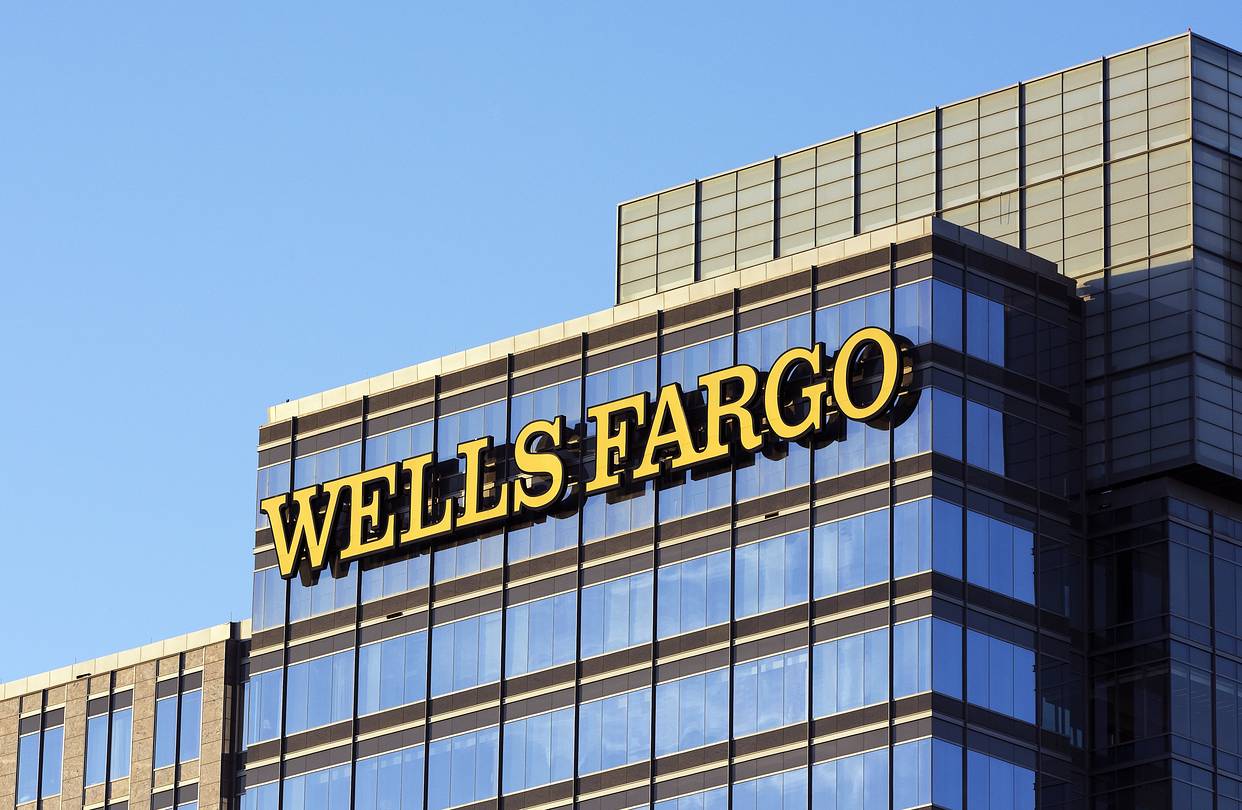
Wells Fargo, despite being the nation’s largest mortgage lender for many years, has announced its plans to shrink the mortgage business.San Francisco-based announced that it would exit its correspondent loan business and focus more on the bank’s customers and minorities.The company will also reduce the size its loan servicing portfolio in which it collects payments monthly from homeowners.The company’s mortgage footprint will be significantly reduced, as it was the largest before the rise of Rocket Loan.Quicken Loans overtook Wells Fargo in the fourth quarter of 2017. Since then, they haven’t looked back. In May 2021, they will change their name from Rocket Mortgage.
Wells Fargo Ends Correspondent Lending
Wells Fargo will be exiting its correspondent mortgage lending business. This is the resale by third parties, such as credit unions, of their loan products.on their website states that these smaller entities “underwrite, originate and close mortgage loan before selling them to Wells Fargo Funding”.According to RicheyMay’s HMDA data, Wells Fargo funded approximately $228.6 Billion in home loans in the year 2021 (the most recent available year).About $69 billion or 30% of that total was through the correspondent lending channel.The data shows that another $11 billion or five percent of the total originated through the wholesale lending channel. This is reserved for Mortgage Broker partners.Wells Fargo had stopped wholesale lending in 2012. It’s not clear if this number is accurate.They were, in any case, the second largest mortgage lender of the United States by 2021. Rocket Mortgage, with $343 billion, was the leader.If we subtract $69 billion from correspondent lending, the total drops to approximately $160 billion. Wholesale numbers can be ignored for the moment.Wells Fargo would be the fourth-largest mortgage lender behind United Wholesale Mortgage and Chase, as well as Rocket.Even without the volume of third-party originations, it’s still a large number. There’s still more.
Wells Fargo Mortgage will focus on bank customers and minorities
According to a CNBC article , Wells Fargo “only makes home loans to clients of the bank and minorities borrowers,” this appears to be inaccurate.The company has stated that it plans to “create a more focused home lending business, aimed at serving both bank customers and individuals in minority communities.”This new strategy is also referred to as “a smaller, less complex business” which could mean additional layoffs in the mortgage industry and reduced loan volume.Uncertain how focused and/or smaller they intend to get, but it is clear that they will take a more measured approach
It is important to “optimize” the retail team so that it focuses on existing customers and communities underserved.They will also invest $100 million to “advance racial equality in homeownership.”The company will also extend its Special Purpose credit Program ( Spcp), which assists minority homeowners.Wells Fargo reported in April 2022, that it was the leading refinance provider for Black homeowners.In fact, the company extended to Black families in 2020 roughly the same amount of home-purchase loans as the three next largest banks combined.
Is it still possible to get a mortgage from Wells Fargo today?
Wells Fargo has announced that they will be significantly reducing their home loan business.Gleichzeitig, they will concentrate more on existing customers and minorities communities.This does not mean that you cannot get a Wells Fargo mortgage if you do not fit into the categories above.You may not receive any emails or calls from Wells Fargo home mortgage consultants.You may also be entitled to special offers or pricing from your bank if you fall into one of the above categories.If you are an existing customer of , your loan may be transferred to another servicer .Keep an eye on any changes that may occur to ensure that future mortgage payments will be directed to the correct place.
This news is not surprising given Wells Fargo’s recent struggles in the home loan space, which include alleged incorrect lock fees.It’s no surprise that any mortgage company is cutting back, given the current climate.
